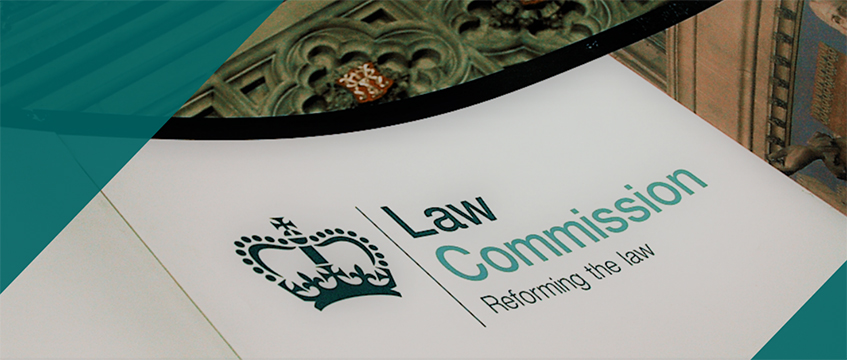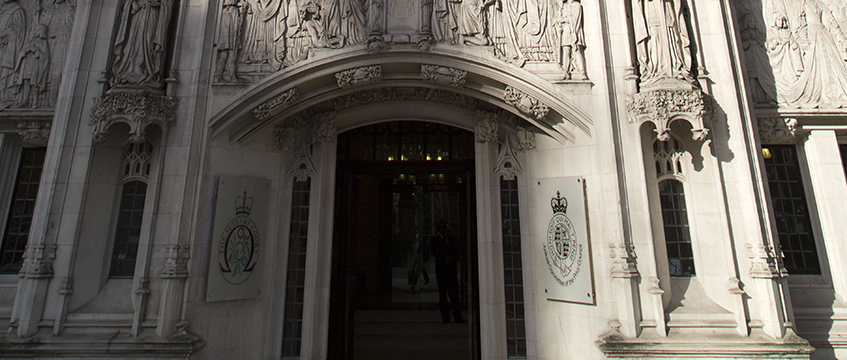Road traffic – Traffic management order – Parking restrictions – Claimants seeking statutory review of traffic management order by defendant local authority imposing additional parking restrictions in area where Sikh temple located – Whether claimants having legitimate expectation of further consultation – Whether defendant failing to discharge public sector equality duty – Whether defendant’s decision irrational – The claim was dismissed
The claimants were trustees of the Central Gurdwara (Khalsa Jatha) London, a charity which ran a Gurdwara (Sikh temple) at 62 Queensdale Road, London W11. The congregation, many of whom were elderly and less mobile, travelled long distances by car to the Gurdwara. If they were unable to park, they might no longer attend, thus threatening the viability of the Gurdwara at its present site.
On 4 July 2019, the defendant local authority made a Traffic Management Order (TMO) imposing additional parking restrictions in the area of Queensdale Road. Previously, the controlled hours for residents-only parking operated from 8.30 am to 6.30 pm on weekdays, and from 8.30 am to 1.30 pm on Saturdays. The new controlled hours for residents-only parking would run from 8.30 am to 10.00 pm on weekdays, from 8.30 am to 6.30 pm on Saturdays, and from 1 pm to 5 pm on Sundays.
The claimants sought a statutory review of the TMO, pursuant to para 35 of Schedule 9 to the Road Traffic Regulation Act 1984. The claimants contended that: (i) the defendant’s consultation was inadequate because the defendant had acted unfairly in deciding to make the TMO in breach of the claimants’ legitimate expectation, arising from a promise, before a final decision was made, that the defendant would consult them further; (ii) it had failed to discharge the public sector equality duty (PSED) under section 149 of the Equality Act 2010; and (iii) its decision had been irrational.
Held: The claim was dismissed.
(1) The duty to consult might arise by statute or at common law. In either case, where a public authority consulted, it had to do so fairly, and provide sufficient reasons for the proposal to enable consultees to consider it. As the claimants had conceded that the statutory consultation undertaken by the defendant was lawful and in accordance with the Procedure Regulations, there was limited scope for a common law challenge. On the evidence, the claimants’ submission that the consultation was unlawful at common law because the questions and the information provided to consultees was inadequate could not succeed. The defendant had a wide discretion as to how to frame the consultation document, including how much information to provide to consultees about the position of the Gurdwara and other religious institutions. The proposed times of control were not unusual in the borough, and there were many places of worship in the area with the same longer controlled parking hours. The defendant’s decision to summarise the position of the faith groups in the way it had was not so unfair as to be unlawful.
(2) It was well-established that a legitimate expectation might arise from an express promise given on behalf of a public authority. In order to found a claim of legitimate expectation, the ruling or statement relied upon had to be clear, unambiguous and devoid of relevant qualification. In construing the representation, the question was how, on a fair reading, it would have been reasonably understood by those to whom it was made: that was an objective test. The court was not concerned with a claimant’s subjective views as to the representation or its content. Thus, a claimant’s subjective assessment of a representation as being a clear and unambiguous promise might be rejected if unsupported by the evidence. On the evidence in the present case, the claimants had failed to discharge the burden of proof on them to establish the promise on which their claim for legitimate expectation was based.
(3) As regards the PSED, there had to be a proper and conscientious focus on the statutory criteria. The relevant duty was upon the minister or other decision maker personally who had to be aware of the duty to have “due regard” to the relevant matters. The duty had to be fulfilled before and at the time when a particular policy was being considered and had to be exercised in substance, with rigour, and with an open mind. It was not a question of “ticking boxes”. While there was no duty to make express reference to the regard paid to the relevant duty, reference to it and to the relevant criteria reduced the scope for argument. The duty was non-delegable and continuing. It was good practice for a decision maker to keep records demonstrating consideration of the duty. General regard to issues of equality was not the same as having specific regard, by way of conscious approach, to the statutory criteria. Officials reporting to or advising ministers/other public authority decision makers, on matters material to the discharge of the duty had to be rigorous in both enquiring and reporting to them. It was for the court to decide for itself if due regard had been had but, providing that was done, it was for the decision maker to decide what weight to give to the equality implications of the decision: Moore and Coates v Secretary of State for Communities and Local Government & Others [2015] EWHC 44 (Admin) followed.
It was apparent from its report that the defendant understood the nature of the duty and applied the statutory criteria. The defendant was entitled, in the exercise of its discretion, to conclude that the information which the claimants provided and the individual consultation responses from congregants provided it with sufficient information upon which it could properly discharge the PSED. On the evidence, the defendant had had due regard to the various matters required of it in section 149 of the 2010 Act. The PSED did not require any particular outcome, and did not enable a disappointed party to challenge the merits of the decision. Accordingly, the defendant was not in breach of the PSED when deciding to make the TMO.
(4) The defendant was entitled, in the exercise of its judgment, to conclude that the occupancy rate of about 80% in the evenings and weekends was high, and the proportion of non-resident vehicles was significant. Occupancy rates were notional and did not necessarily mean that there were available parking spaces. The defendant had weighed up the competing demands for the use of the available car parking space, and decided to prioritise the needs of residents above non-residents. That was a judgment which it was entitled to make and it could not be characterised as irrational.
Nick Armstrong (instructed by Teacher Stern LLP) appeared for the claimants; Charles Streeten (instructed by Kensington and Chelsea Legal Services) appeared for the defendant.
Eileen O’Grady, barrister










